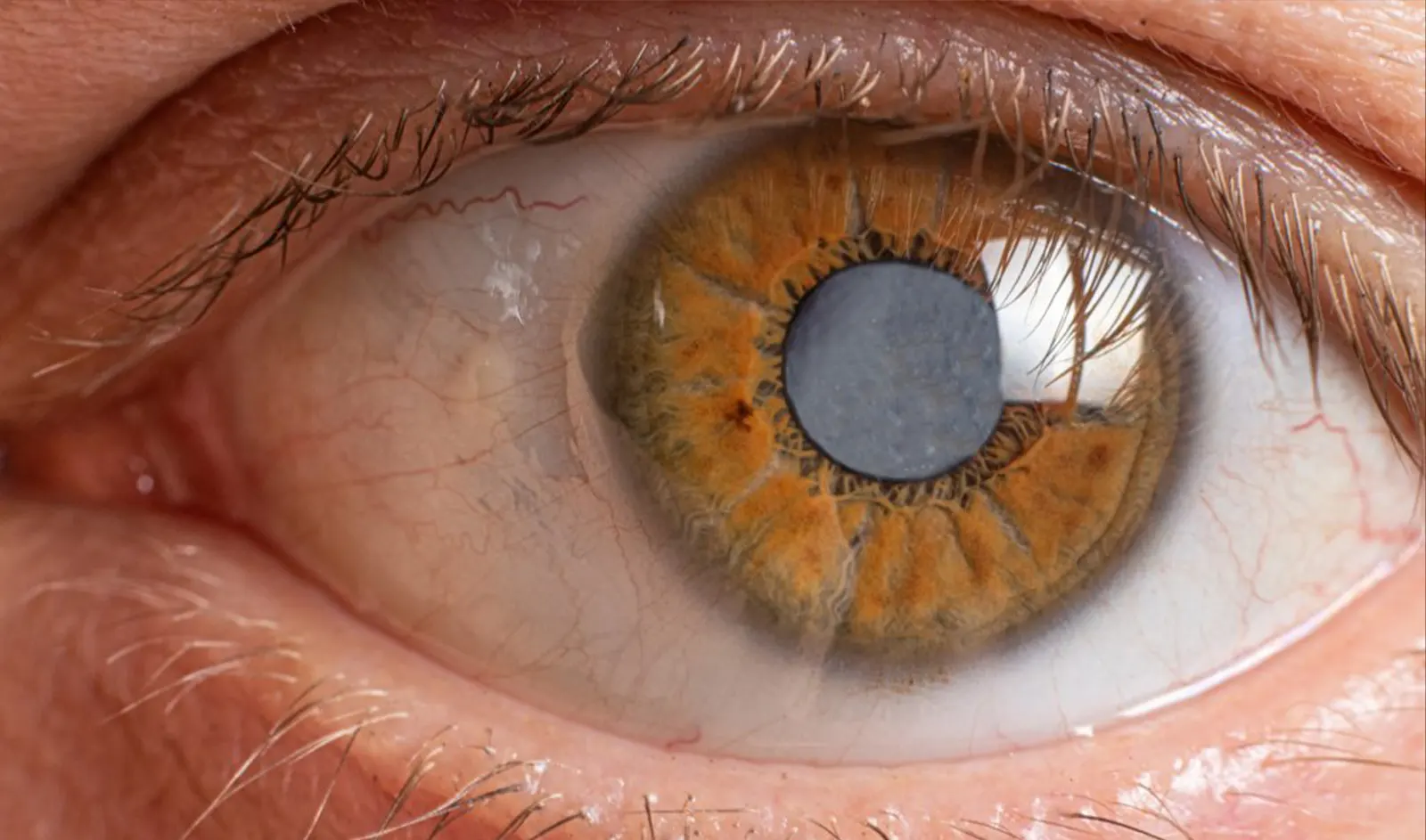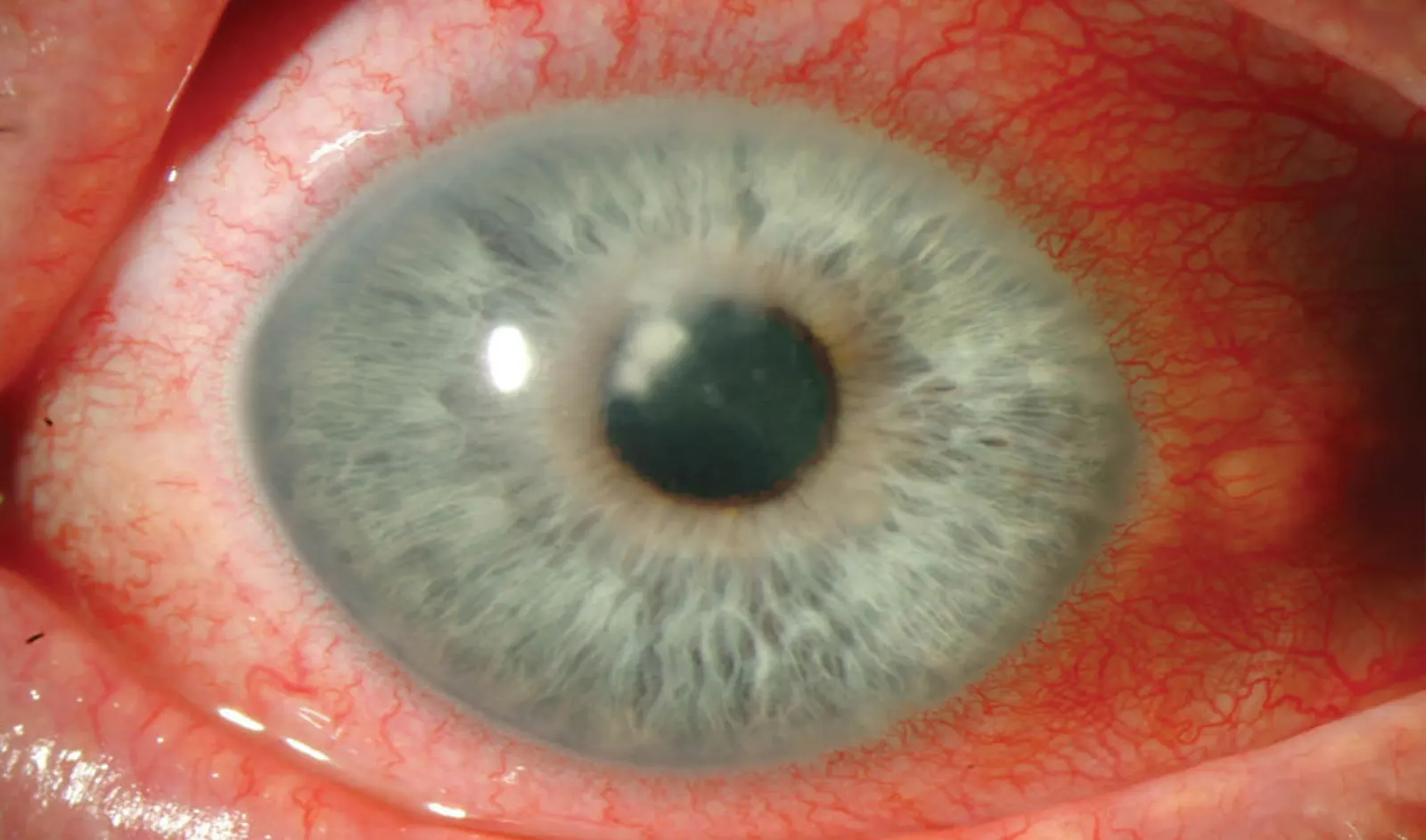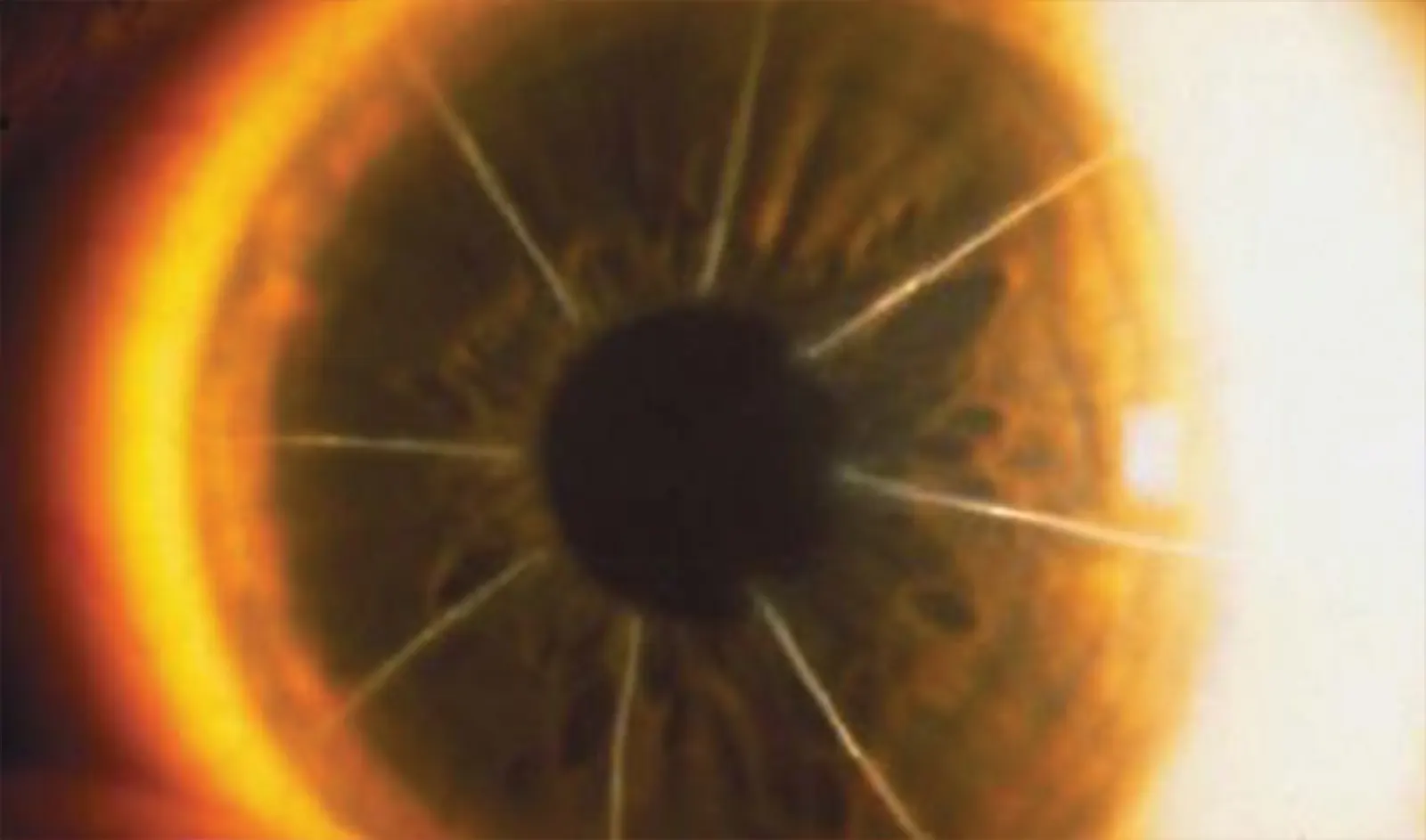Any surgical procedure can get one’s nerves on edge, regardless of how minor it might be. No surgical procedure should be taken lightly. Still, choosing the most experienced eye surgeon who uses the most sophisticated equipment takes much of the risk—and fear—away.
At the same time, even the best practitioner wants his or her patients to act as their own best advocates. That means they should research their issue, treatment options, and even consider second opinions. Every eye surgery patient needs clarity on how to prepare for a procedure and any follow-up afterward. At San Diego Lasik Institute, we find the most prepared patients have the least anxiety on surgery day.
Your surgeon will have protocols describing everything that will take place before, during, and after surgery. Still, doctors are human beings who cannot anticipate every contingency.
San Diego Lasik offers several treatment options that you’ll want to discuss with your doctor. In recent years, refractive surgeons and researchers have worked diligently to increase the number of people achieving 20/20 vision, and to get a significant number of people to 20/15 (significantly better than 20/20) vision. The industry has also made great strides in corneal repair.
Lastly, if you and your doctor have determined that you’re a candidate for corneal repair, you mustn’t delay treatment.
Some laser clinics’ aggressive marketing leads prospective patients to believe that having laser eye surgery is simply a matter of scheduling the procedure.
This is not the case.
The full evaluation with your surgeon will determine whether you are a suitable candidate for laser eye surgery. The doctor will test corneal thickness and mapping, vision and prescription testing, eye pressure, and pupil dilation. In general, these tests are simple and painless. The evaluation will probably provide you with insights into your eye health that you may never have had. It also provides insight into how your eyes may respond to the procedure. The more you know about your eyes and the procedure, the more relaxed you will feel in the lead-up to your surgery.

There is no such thing as “too much information” when it comes to discussing your health or a procedure with your doctor. It is your responsibility to make sure that he or she is aware of issues relating to your eyes. Share all details about your general health, medications, medication allergies, and past or present concerns.
Most surgeons request that patients do not wear eye makeup the day of the eye surgery, and no eye shadow or mascara for one week after laser eye surgery. The area around your eyes must remain clean and you can’t rub over the surgery area for a week. Debris along the eyelashes can increase the risk of infection; if you “go natural” for these few days it also helps prevent infection.
Your surgeon will also ask you to switch from using contact lenses to glasses 3 days prior to your pre-op exam, which can be the day before surgery. If you wear hard (rigid gas permeable) lenses, you should remove them 2 weeks before surgery. Contact lenses alter the shape of your corneas, and wearing contact lenses too close to the day of your laser eye surgery may result in inaccurate measurements.
Arrange in advance for a caregiver to take you to and from your surgery. Surgeons often give the driving green light for the morning following your LASIK laser eye procedure.
After laser eye surgery, you may feel some minor discomfort, such as burning or tearing.. Your doctor may prescribe something for pain, but usually he/she may recommend an over-the-counter pain reliever. Your eyes may tear or water, your vision may be blurry or hazy and you may find yourself more sensitive to light than usual.
No matter the discomfort, do not rub your eyes or the area around them! Be sure to pass on any postoperative issues that arise with your surgeon.
Your doctor will usually prescribe you two types of eye drops to take at home to help prevent infection and/or inflammation. Waiting a week before resuming light exercise is recommended. Avoid strenuous exercise (boxing, football, karate, etc.) at least one month after surgery, but they can be done earlier with appropriate eye protection. To prevent infection, it’s best to wait for up to two weeks after surgery before using lotions, creams, or make-up around the eye. Avoid using contacts until your doctor tells you it’s safe.
Your doctor may have additional recommendations for your pre- and postoperative regimen. Once again, becoming as informed as possible regarding your surgery and asking your doctor any questions that arise will go a long way toward achieving a successful result.

Cataract Surgery is the most performed surgical procedure in the United States, and has a phenomenal track record for improving…
Read More
The treatment of trauma with topographic-guided ablation depends on the level of scarring caused by the trauma, the position of…
Read More
In the dynamic world of eye care, keratoconus treatment has become a focal point due to the condition’s impact on…
Read More